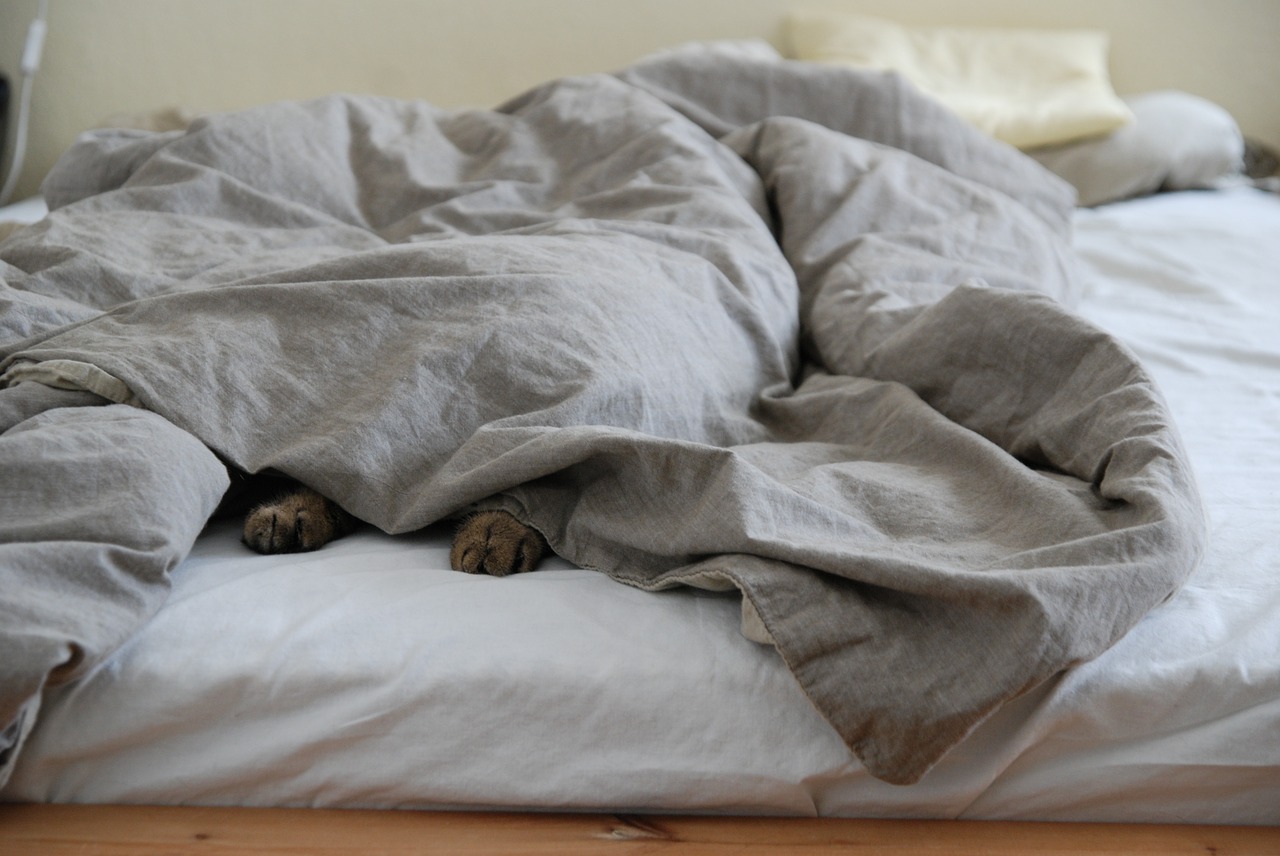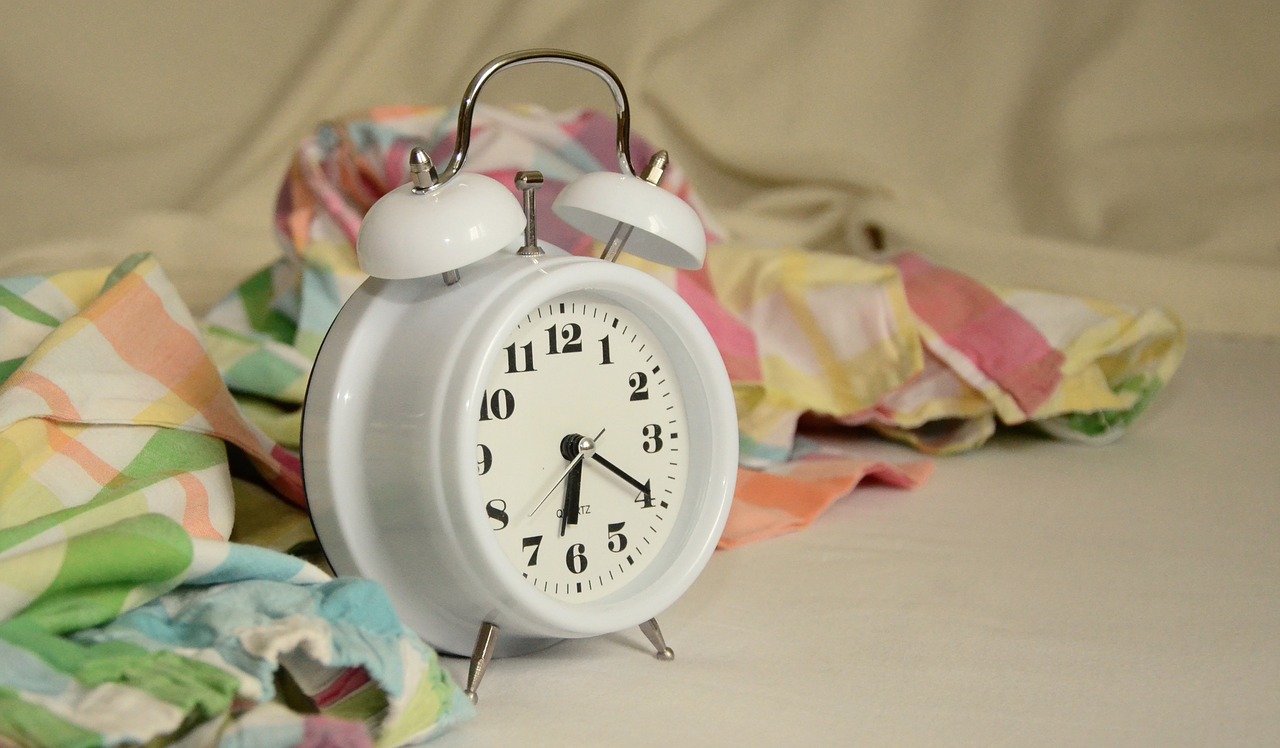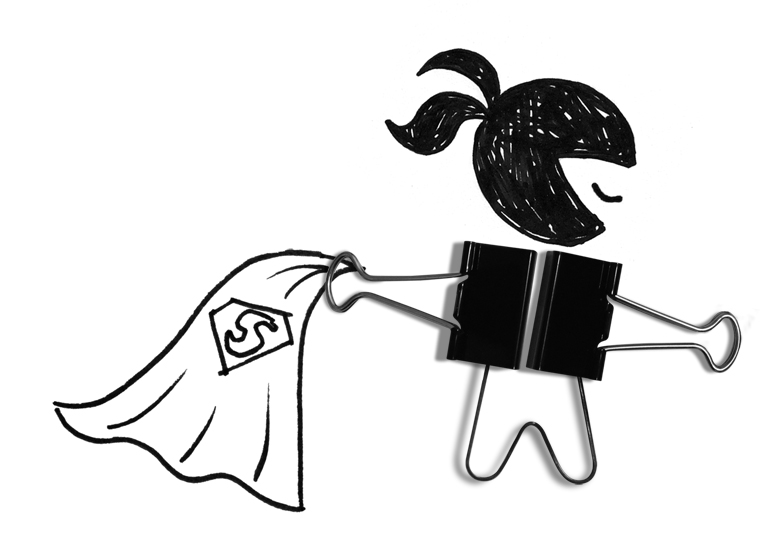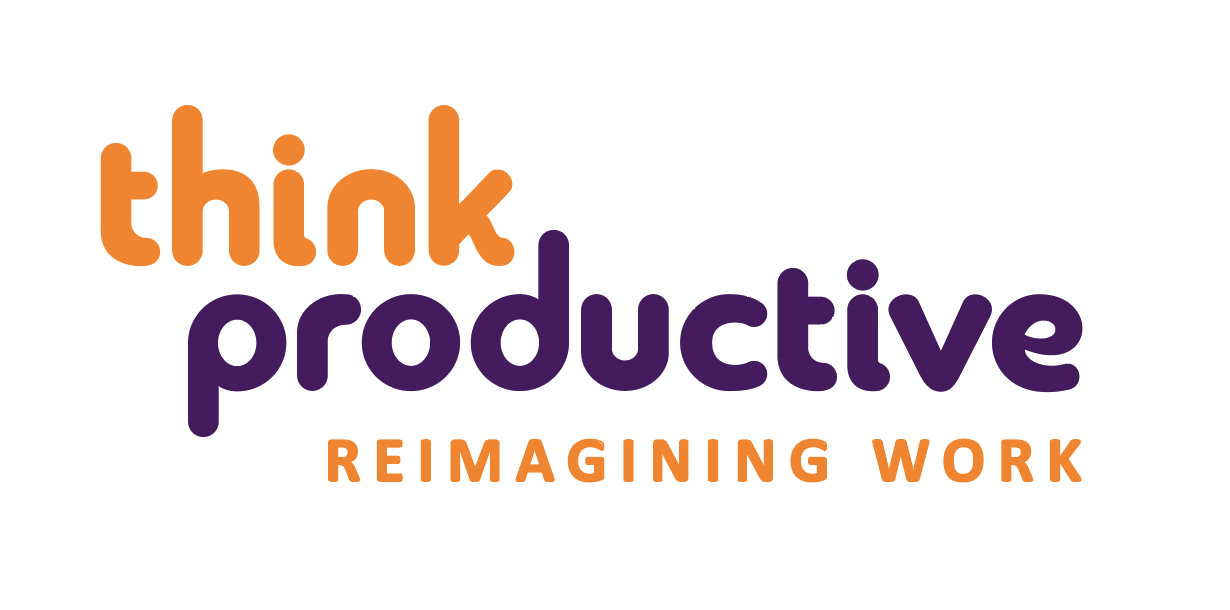Is it possible to Sleep Your Way to Productivity?
We frequently hit busy spans which make us hope for more than 24 hours in a day. As a Productivity Ninja, you will know, no matter how many hours you spend at the office – the work never stops. Keeping that in mind, it’s important to use your time to rest and recharge. But are you giving your sleeping patterns as much attention as you invest in your projects?
Chances are, the answer is no. The recommended amount of sleep for those over 20 years old is seven to eight hours, uninterrupted. Can you remember the last time you had a decent quantity and quality of sleep? A morning where you don’t have to drag yourself out of bed, won’t just improve your mood but also your productivity, wellbeing and overall health. As with all habits, we need to take it step by step and not just snap our fingers and get a full eight hours of sleep…

Here’s how to start…
1) Set up a Schedule
Make a schedule and determine at what time you have to go to bed to get around eight hours of sleep. Talk about it with your partner so that you can work on it together or agree with a group of friends that this is your new resolution and go for it. Keep each other informed and support one another. Ease into it by going to bed 15-20 minutes earlier every evening, until you get to the preferred time and make it your new routine. You know that something becomes a habit when you do it at least, 30 times.

2) Bed time routines
Know which activities make you tired before going to bed and which activities stimulate your brain. You want to fall asleep relaxed, so make sure you put together a routine which will help you wind down.
3) Create no tech zones
Tablets and phones keep us distracted throughout the day, so let’s make sure they don’t get to steal our attention at night as well. Put all your electronic devices out of your reach. It’s too tempting to use when you think that you can’t sleep anyway and hours later you would have missed your opportunity again to get a good night’s sleep.

4) No more midnight snacks
Don’t eat anything before going to sleep. Your body will be more occupied with digesting the food you ate than with sleeping. As most of you know, sleeping also means recovering, so to a certain degree we are literally new people after sleeping. So put away those late night snacks.
5) It’s OK to fall off the wagon
Like Graham Allcott has taught us before, we are ninjas not superheroes. It can go wrong from time to time. We learn by falling down and getting back up again. If it doesn’t go according to plan and you stay up later than usually, then it doesn’t go according to plan. It can happen. Make sure though that you learn something from those mistakes. Where did it go wrong, what do I find difficult, how can I adjust my routine so that it works better in the future? Those are the questions that we need to ask ourselves. It’s also important to keep focusing on your goals. What you want to achieve is your real stimulant. You have to remember that it’s not only about beautiful dreams, it’s also about your health and wellbeing.

By Callista Vink
Callista oversees Think Productive Western Europe‘s social media and blog content.
This post was originally published in May 2016 and has been updated for freshness, accuracy, and comprehensiveness.
